Blog
CIPD Level 7 Assignment Example CIPD Level 7 Assignment Help is designed for individuals pursuing a professional qualification in human resource management from the Chartered Institute of Personnel and Development (CIPD). This advanced level of study requires students to demonstrate their understanding and application of complex HR theories, concepts, and practices through various assignments.Assignments play […]
Do you require assistance with CIPD Level 5 assignments? Do you need help with your CIPD Level 5 People Management assignment? If any of these concerns are plaguing you, then our CIPD Assignment Help is the perfect solution. Our team of experts has years of experience writing assignments on various subjects, including L&D and HR. […]
Assessment Questions Learning Outcome 1: Understand finance within organisations AC 1.1 Relationship between the financial function and other functional areas within organisations The financial function is an important part of any organisation and plays a vital role in its overall operation and success. It is responsible for managing the organization’s financial resources, including its revenue, […]
CMI Level 8 Strategic Direction and Leadership refers to the highest level of leadership and management in an organisation. At this level, leaders are responsible for defining and executing the overall strategy of the organisation, aligning all its resources to achieve its goals and mission.The strategic direction of a Level 8 organisation is shaped by […]
CMI Level 6 Professional Management and Leadership Practice is a professional qualification designed for experienced managers and leaders who are looking to enhance their skills and knowledge in their field of work. This qualification is suitable for individuals who are responsible for managing teams, departments or even whole organisations. The CMI Level 6 Professional Management […]
Stakeholders are people who have an influence or can be affected by an organisation’s decisions, business products and services. Stakeholders can be either customers, employees, suppliers, investors and other business partners. For an organisation to be successful, the management has to maintain a good relationship with the stakeholders. To be able to achieve a long […]
CMI Level 5 Unit 513 Managing Projects to Achieve Results is a unit that covers the process of project management from beginning to end. The unit begins by discussing the significance of project planning and goal setting. It then covers project management tools and techniques like scheduling, risk management, and cost control. A section on […]
In my opinion, the ability to inspire achievement in both individuals and teams is the most important quality a manager can have. This unit’s primary focus is on the critical management and leadership skills required to carry out this demanding yet rewarding profession. The manager will consider methods for determining the team’s capabilities, both now […]
When people are handled successfully, both individually and as teams, organisations thrive and employee engagement rises. The goal of this unit is to provide managers with a thorough understanding of both theoretical and practical methods of successfully leading and managing teams. Managers will identify the methods used to track and manage the performance of both […]
Setting individual and team goals that are aligned with the organizational strategy is a continuous process of team improvement through performance management. Achieving the objectives necessitates performance planning, reviewing and evaluating progress, and developing people’s abilities. The ability of an organization to run smoothly is determined by how well its employees are managed. This chapter […]










